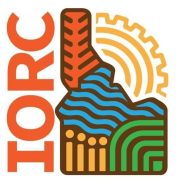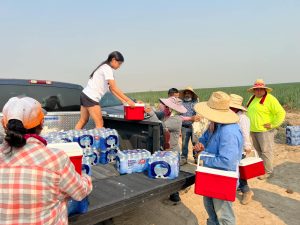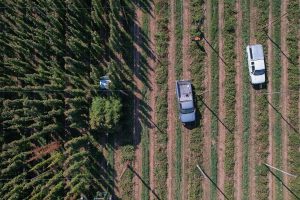
In the fall of 2013, IORC members came together at two workshops and asked ourselves three questions? 1) What does real change in the agriculture system look like? 2) What are the values that drive us to care about our agriculture systems? 3) How can we work as an organization and as individuals to bring true change to create a system built on our values? The workshops were a part of a collective effort of like-minded organizations in nine different states working on agriculture and food issues.
What we learned was that making real change is going to take more than just one or two wins. By winning issues incrementally, we are winning battles, but losing the overall war. What we need to do is change the existing dominant narrative in agriculture. A dominant narrative is a way of communicating a worldview and engaging people in considering their own understanding of the world around them. The existing dominant narrative on agriculture tells us that “the US has to feed the world”, and to do that farmers need to “go big or go home.”
During the two workshops IORC members realized that to create change we must first identify the existing dominant narrative that is holding us back. And to shift power, we must create our own narrative that is derived from our shared values. And to win on issues, we must connect our new narrative to all of the work that we do, from personal conversations to campaign planning. As IORC member Mabel Dobbs puts it, “If we are going to change the narrative, we have to completely and consciously incorporate it into everything we do.”
As a group, and in collaboration with the eight other state groups, we created our own narrative around agriculture. This narrative is a driving force behind the work that we will be doing in 2014. If you are interested in finding out more about the narrative created by IORC members, contact organizer Breland Draper at bdraper@IORCinfo.org. -Breland Draper, IORC Lead Organizer



